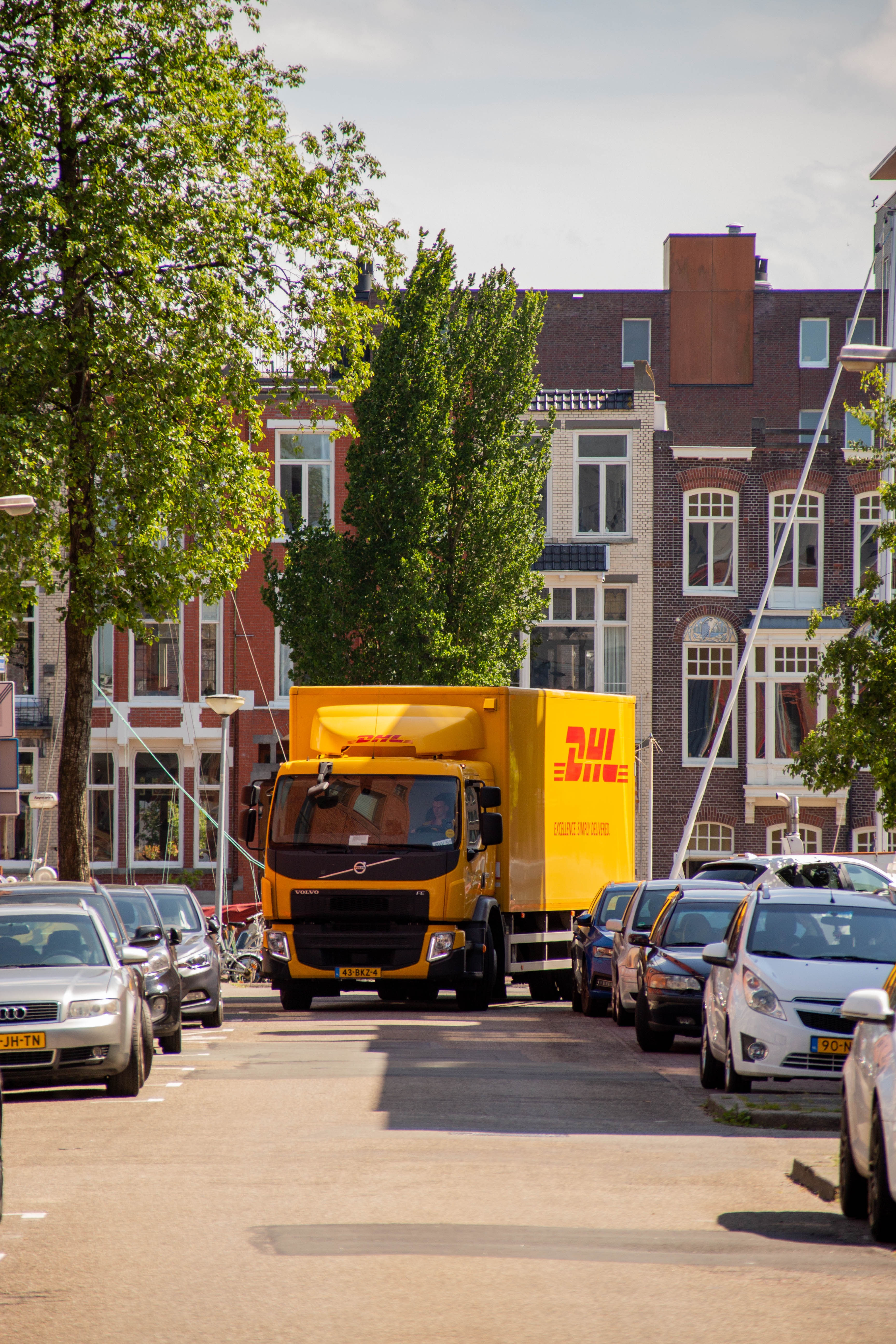Photo by Denise Jans on Unsplash
Last year the UK National Health Service (NHS) booked some 122 million patient appointments, with outpatients making up 80% of the total. With e-mail and SMS messaging apparently regarded as unproven technologies, patients were generally notified by letter costing over £112 million – despite a pledge by Jeremy Hunt as Health Secretary in 2013 to go fully paperless by 2020. Nearly 8 million appointments were missed at a cost of around £300 million with patients simply not turning up: recently I was one of them, because the appointment letters arrived late.
I had two appointments at the local hospital, and letters were sent out first class the week before. However, Royal Mail delivered no post at all to my address for the whole of the following week. When telephoning the local sorting office on the line given on the website an automatic response told me the line did not exist. When I found another number on a different website, I finally got through to be told that my complaint would be investigated and that I would receive a letter… Meanwhile I was told that as any first-class mail would normally be received within two weeks (sic) I might still get the previous week’s letters the week after my missed appointments.
After two weeks I finally got an obviously automated letter saying they were looking into the problem and hoped this resolved my complaint. Which of course it didn’t. Meanwhile having since bumped into the postman he said he had been on holiday.
The Royal Mail mission statement proudly proclaims: “Royal Mail is something special – a well-loved brand people can rightly be proud of.” Fine words. Privatised with a fanfare in 2013 at a launch price of £3.30, at the end of the first day’s trading the price closed at £4.50, later rising to as high as £6. There was a Parliamentary inquiry as to whether it had been priced too cheaply. At the time of writing the price languishes below the issue price, and a leading financial analyst claims that the recent pay deal, now finally agreed, will not be offset by sufficient changes in working practices.
Unlike all other letters businesses in Europe, the company is yet to make a profit or implement a viable strategy for the future. Since the 1990s its national distribution network is almost unaltered, while most European operators have reduced the number of their mail centres by half. In the UK postal workers personally sequence their letters by hand before they go on the road, whereas EU operators sequence just under 90% automatically. Royal Mail’s four strategic priorities of Net Zero by 2040, Responsible consumption, Clean air and Managing environmental impacts take no notice of customer needs and trends.
A key problem is that the number of letters has dropped 60% from its peak and is expected to fall further: the Trade Union’s enlightened response was to suggest an advertising campaign to encourage people to write more letters.
A spokesman for Royal Mail said earlier that the Union was living in the past and that its proposals were “to work fewer hours for inflation-linked pay and invest millions in a letters market in terminal decline…there is no future living in the past, clinging to outdated working practices, ignoring technological advancements and pretending that Covid has not significantly changed what the public wants from Royal Mail”.
By committing to no compulsory redundancies, Management gave in to the Union yet again, and vital reforms remain a distant dream. Meanwhile there is still no dividend for shareholders to help defray some of the capital losses many have already suffered. The Chief Executive Officer was more fortunate: he was paid a bonus of £140,000 last year on top of his half a million salary.
It is interesting to compare this pitiful performance with that of Deutsche Post in Germany. Floated at a launch price of €8.16 the price today is over €43, with analysts targeting an end-year price of at least €48. For 2022 the Group profit target was around €8 billion, and the annual dividend has increased yet again.
In the past couple of years Deutsche Post has acquired around thirty companies plus a controlling interest in DHL International – and in July rebranded itself as DHL Group. It knows where it is going and is heading there at pace. The mission statement of “delivering excellence in a digital world” is market-focused on the customer, and describes the important trends driving their business as Globalisation, Digitalisation, E-commerce and Sustainability – a complete contrast to the waffle from Royal Mail.
The UK letters delivery system is simply not fit for purpose: poor service, reluctance to embrace today’s technology and no sense of responsibility or direction. Some might say this echoes the characteristics of the current Government, but I could not possibly comment.




